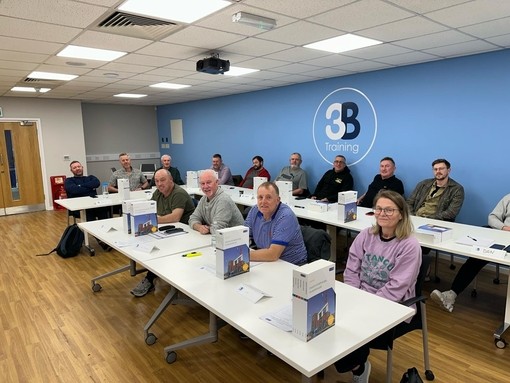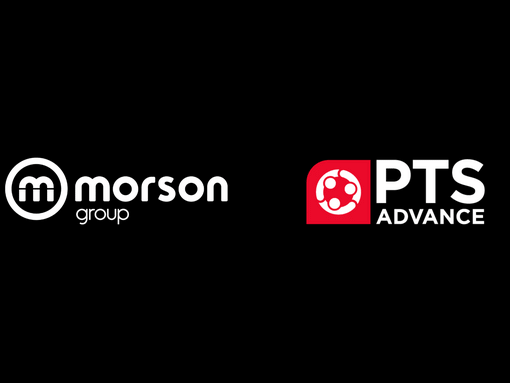
What do I need to disclose?: A guide to the new DBS filtering rules
DBS rules are changing and Morson Client Delivery Lead, Gemma Yetman guides us through the new rules and why they are so important:
This guide is for people who are applying for jobs, roles or courses that require placements, which are exempt, or ‘excepted’, from the Rehabilitation of Offenders Act. These are the jobs, roles or courses in England or Wales which may require you to apply for a standard or enhanced Disclosure and Barring Service (DBS) certificate according to the new DBS rules that come into effect November 28th.
In England and Wales, there are two schemes of disclosure; Self Disclosure and Vetting Checks. Self-Disclosure is information that an employer or education provider asks you to provide in the form of a criminal record declaration. The information they are entitled to ask and that you are obliged to disclose depends on the type of role (or course) you have applied for.
Some organisations do not ask for any form of self-disclosure or criminal record declaration; some may only ask you to fill out a DBS (or other vetting checks) application form. However, many organisations will ask for some type of self-declaration. For jobs, roles or courses which are exempt from the Rehabilitation of Offenders Act, if asked for a self-declaration, you should disclose all unspent conditional cautions and convictions and any spent convictions or cautions which meet the criteria specified on the DBS website.
Vetting checks is the formal process by which an organisation can verify the information you have self-disclosed. Most vetting checks in England and Wales are processed by the Disclosure and Barring Service (also known as DBS checks), but other types of vetting checks include security vetting such as Security Clearance, Developed Vetting, Counter-Terrorism Checks among others.
Jobs, roles or courses which are exempt from the Rehabilitation of Offenders Act are eligible for a standard or enhanced DBS certificates. There is no single, comprehensive list of these roles, but they are set out in different laws including: The Rehabilitation of Offenders Act (Exceptions) Order 1975, The Police Act 1997, The Police Act 1997 (Criminal Records).
Regulations Note that these laws provide eligibility for standard or enhanced DBS certificates; they do not make them a legal requirement. The following gives you an idea of the sort of jobs, roles or course placements that are eligible for DBS certificates.
Working in certain roles with children or vulnerable adults, or in certain environments where there is the opportunity for contact with them
Working in certain regulated professions, such as healthcare, law, some senior finance roles
Work that requires certain licences, including taxi drivers, Security Industry Authority, gambling
The Police Act 1997 sets out what information must be disclosed on standard and enhanced certificates. Both levels of certificate will disclose the following:
Adult cautions (simple and conditional) which are not eligible to be filtered
Juvenile and adult convictions which are not eligible to be filtered
An enhanced certificate may also include any other information that the police hold about you, where they feel disclosure is justified in order to safeguard the children or vulnerable adults that you have applied to work with. Most enhanced certificates do not disclose any police intelligence, but if the police are thinking about disclosing information that they hold about you, they will write to you before the certificate is processed to let you know and to invite you to make representations against the inclusion of the information they have proposed to disclose.













